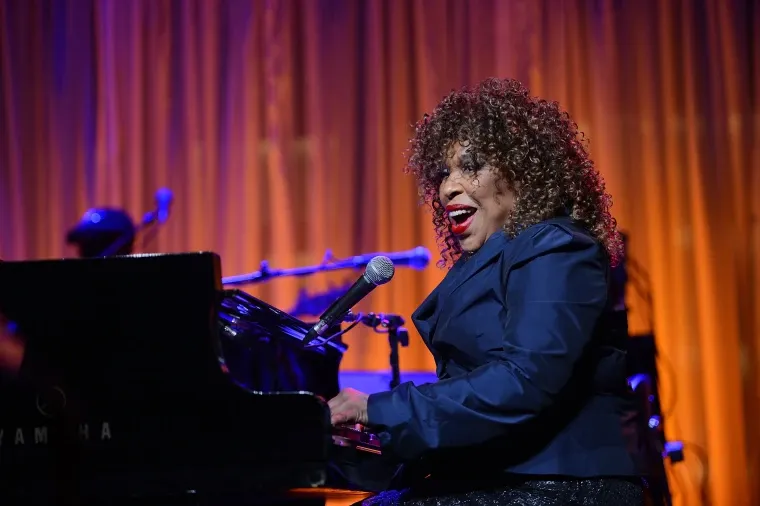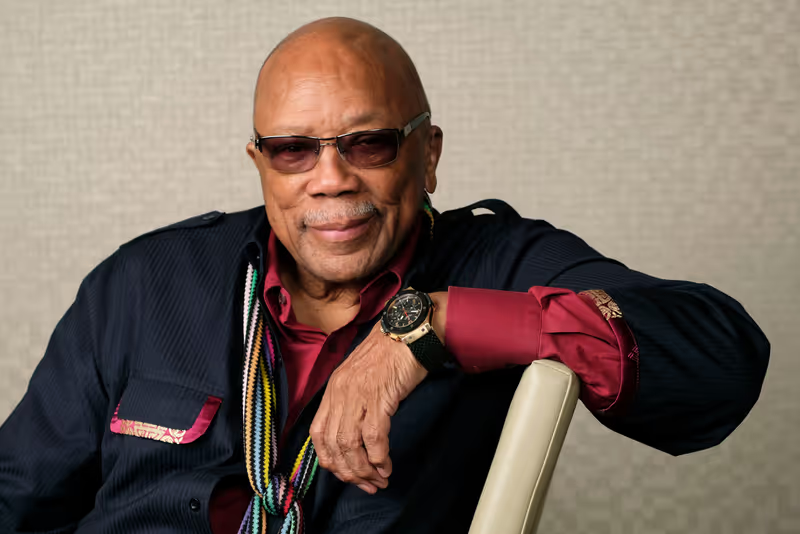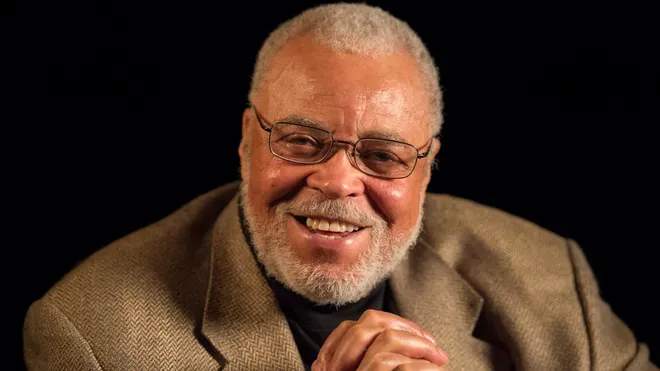Roberta Flack, Soulful Songstress Behind ‘Killing Me Softly,’ Dies at 88
Flack’s artistry was a quiet revolution, blending classical precision with deep emotional resonance.
NEW YORK — Roberta Flack, the visionary singer-pianist whose introspective style and timeless hits redefined soul music, passed away Monday at the age of 88. Her family confirmed that she died peacefully at home, surrounded by loved ones, after a valiant battle with ALS, a diagnosis she revealed in 2022.
Flack’s artistry was a quiet revolution, blending classical precision with deep emotional resonance. Her breakthrough came unexpectedly in 1971 when Clint Eastwood featured her ethereal ballad, The First Time Ever I Saw Your Face, in his directorial debut, Play Misty for Me. The song, with its haunting intimacy and measured grace, became a cultural touchstone, earning her a Grammy for Record of the Year in 1972 and launching her into the national spotlight.
A year later, Flack made history by becoming the first artist to win back-to-back Grammys for Record of the Year with Killing Me Softly With His Song. The deeply evocative track captured the raw power of music’s ability to move the soul, later reimagined by the Fugees in the 1990s, ensuring Flack’s influence spanned generations.
Born Roberta Cleopatra Flack in Black Mountain, North Carolina, and raised in Arlington, Virginia, she displayed prodigious musical talent from a young age, earning a full scholarship to Howard University at just 15. Originally trained as a classical pianist, Flack transitioned seamlessly into jazz and soul, her artistry distinguished by its quiet intensity and technical brilliance. Discovered by jazz musician Les McCann while performing at a Washington, D.C., nightclub, she soon secured a record deal with Atlantic Records.
Flack’s voice was more than a sound—it was a sanctuary. Whether expressing the delicate yearning of The Closer I Get to You or the aching passion of Where Is the Love, her duets with Donny Hathaway became enduring love anthems. Their creative partnership, tragically cut short by Hathaway’s death in 1979, remains one of music’s most poignant collaborations. Flack continued her success through the 1980s, delivering unforgettable performances in Tonight, I Celebrate My Love with Peabo Bryson and Set the Night to Music with Maxi Priest.
Beyond her recordings, Flack was a champion for music education. She founded the Roberta Flack School of Music, dedicated to nurturing young talent, and ensuring that the next generation could experience the transformative power of music. In 2020, she was honored with a Grammy Lifetime Achievement Award, with artists like John Legend and Ariana Grande recognizing her immeasurable contributions to the industry.
For Flack, music was more than a career—it was her essence. “Music is where I find my way,” she once reflected. “It’s my language, my home.”
Roberta Flack leaves behind an enduring legacy of soul-stirring music, a voice that comforted, inspired, and transcended time. Though she has left this world, her melodies will forever echo, a testament to the depth of her artistry and the boundless reach of her influence.







